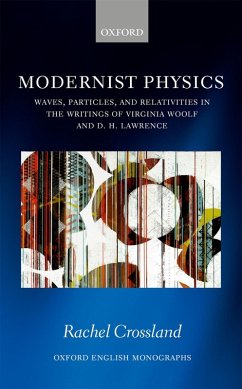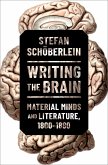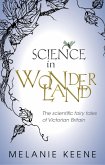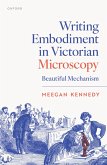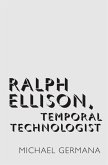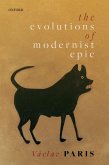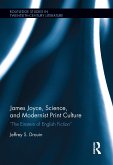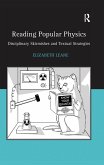Modernist Physics takes as its focus the ideas associated with three scientific papers published by Albert Einstein in 1905, considering the dissemination of those ideas both within and beyond the scientific field, and exploring the manifestation of similar ideas in the literary works of Virginia Woolf and D. H. Lawrence. Drawing on Gillian Beer's suggestion that literature and science 'share the moment's discourse', Modernist Physics seeks both to combine and to distinguish between the two standard approaches within the field of literature and science: direct influence and the zeitgeist. The book is divided into three parts, each of which focuses on the ideas associated with one of Einstein's papers. Part I considers Woolf in relation to Einstein's paper on light quanta, arguing that questions of duality and complementarity had a wider cultural significance in the early twentieth century than has yet been acknowledged, and suggesting that Woolf can usefully be considered a complementary, rather than a dualistic, writer. Part II looks at Lawrence's reading of at least one book on relativity in 1921, and his subsequent suggestion in Fantasia of the Unconscious that 'we are in sad need of a theory of human relativity', a theory which is shown to be relevant to Lawrence's writing of relationships both before and after 1921. Part III considers Woolf and Lawrence together alongside late nineteenth- and early twentieth-century discussions of molecular physics and crowd psychology, suggesting that Einstein's work on Brownian motion provides a useful model for thinking about individual literary characters.
Dieser Download kann aus rechtlichen Gründen nur mit Rechnungsadresse in A, B, BG, CY, CZ, D, DK, EW, E, FIN, F, GR, HR, H, IRL, I, LT, L, LR, M, NL, PL, P, R, S, SLO, SK ausgeliefert werden.

